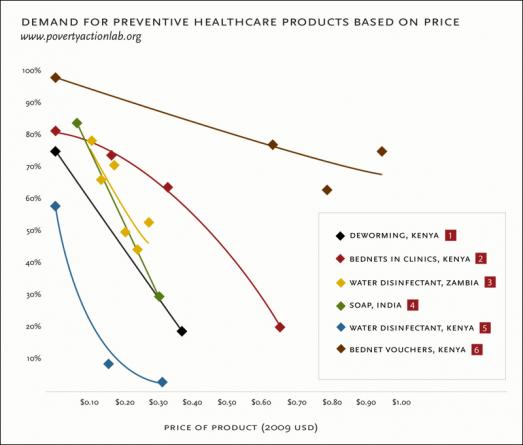I'm not sure if moral hazard is really the right term, but in any case, when we give aid we worry about what effect the transfer will have on the behaviour of the recipient - will they just become lazy and wait for more transfers - or make a health and education transfer "fungible" by reducing their own initial health and education spend in order to buy more booze. Turns out there is some evidence on household response to schools providing more supplies.
Das, Dercon, Habyarimana, Krishnan, Muralidharan, & Sundararaman find that an unexpected injection of spending at schools in Zambia and India does increase test scores that year. But the following year parents anticipate the additional spending by the school, and decide to reduce their own education spending so that they have more money for other things. And test scores go right back to where they were before.
The researchers offer a couple of potential solutions to this problem
1 - just increase the size of the grant such that it is larger than household's own education spending - if you increase per student spend by $20 and households only spent $10 themselves to begin with, they can cut all of their spending and you still get a net increase.
2 - focus additional spending on things that households don't directly fund themselves anyway - "public" goods like teachers rather than "private" goods like books and stationary - so they can't easily substitute away their own spending. Which in a weird way reminds me of Dan Ariely's holiday gift giving advice
A paternalistic gift ignores the preferences of the person getting the gift, which tends to drive economists crazy, but it may actually change those preferences for the better.

